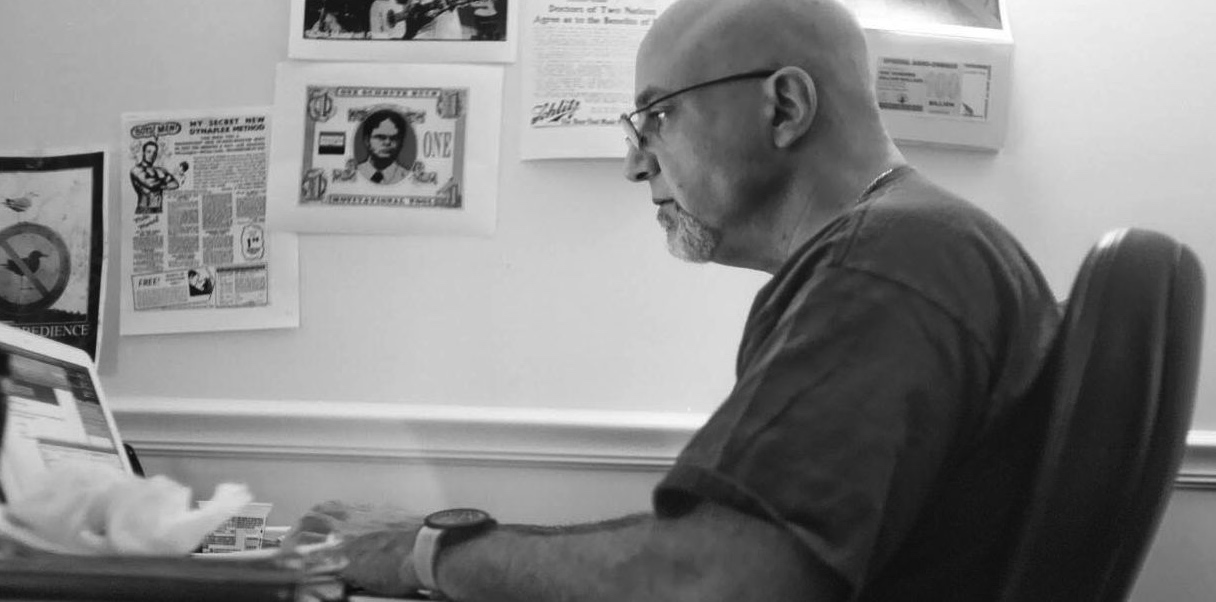Atlas Shrugged – Day 014 – pp. 134-143
The exposition of modern thought continues for a couple pages. They seem to be able to apply their planned economic ideas to almost anything…
“There should be a law limiting the sale of any book to ten thousand copies. This woudl throw the literary market open to new talent, fresh ideas and non-comercial writing. If people were forgidden to buy a millioin copies of the same piece of trash, they would be forced to bu better books.”
There’s a brief introduction of Bertram Scudder, editor of a magazine called The Future. He had penned an article once on Hank Rearden titled “the Octopus.”
With no more to go on on the subject, I assume it wasn’t terribly flattering. And yes he is a proponent of the Equalization of Opportunity bill.
Let me see if I can sum this class of people up: Underachieving elitists who live in terror of the loss of their social status to real excellence – business, literary or otherrwise.
Hank has removed himself to a corner of the hall.
“He had never like this house; it had been Likllian’s choice. But tohight, the shifting colors of the evening dresses drowned out the appearance of the room and gave it an air epf brilliant gaiety. He liked to see people being gay, even though he did not understand this particular manner of enjoyment.”
Man this guy’s something else…
Enter Dagny and Jim Taggart to the party.
Dagny’s looking for Hank. Hank notices her. ??? Foreboding romance or just professional respect. Rand makes her out to be pretty hot in her evening gown, so I’m gonna guess the former.
Pleasantries ensue.
Hank noitces Bertram Scudder’s presence and confronts Lillian. He’s pissed. Must have been a really unflattering story.
It actually moves him to step up and defy his typical entrepreneureal guilt and defend the business he’s built. Trying to enjoy the evening — give Lillian her moment, the prospect of having what Scudder represents in his house, he makes it clear to Lillian he is never comes back to the house
“Dont’ argue Lillian. If you do, I’ll throw him our right now.”
He gave her a momemtn to answer, to pbject, to seceam at him ifhse wished. She remained silent,, not looking at him, only her smooth cheeks seemed faintly drawn inward, as if deflated.
Maybe Hank has some balls after all.
Now who’s coming to dinner? Francisco d’Anconia?!?!
Hank doesn’t like him either…
Rearden had never given much thought to men like Bertram Scudder. But with every hour of his life, with the strain and the pride of every moment when his muscles or his mind had ached from effort, with every step he had taken to rise out of the mines of Minnesota and to turn his effort into gold, with al of his profound respect for money and for its meaning, he despised the squanderer who did not know how to deserve the greatest gift of inherited wealth. There, he thought was the most contemptible representative of the species.
With the benefit of 60 or so pages introducing him, I’d say Hank has Frisco pegged a little wrong. But an interesting misperception. Let’s see where it goes…
More chatter:
“We need a national subsidy for literature. It is disbracefl that artiss are treated like bpeddlers and that art works have to be sold like soap.”
“Yo mean, your commplaint is that they dont’ sell like soap?” asked Francisco d’Anconia.
Man that guy’s got a line for everything.
Here comes Jim Taggart. He’s looking for an explanation for what happened in Mexico. And to find out what Fracisco plans to do about it.
Nothing.
Nothing?!
Wait for it… Wait for it… Here it comes…
“I don’t know why you should call my behavior rotten. I thought you would recognize it as an honest effort to practice what the whole world is preaching. Doesn’t everyone believe that it is evil to be selfish? I was totally selfless in regards to the San Sebastin project. Isnt it evil to persue a personal interest? I had no personal interest in it whatever. Isn’t it evil to work for profit? I did not work for profit — I took a loss. Doesn’t everyone agree that the purpose and justification of an industrial enterprise are not production but the livelihood of its employees? The San Sebastian Mines were the most eminently successful venture in industrial history; they produced no copper, but they provided a livelihood for thousands of men who could hot have achieved, in a lifetime the equivalent of that they got for one day’s work, which they could not do. Isn’t it generally agreed that an owner is a parasite and an exploiter, that it is the employees who do all the work and make the product possible? I did not exploit anyone. I did not burden the San Sebastian Mines with my useless presence; I left them in the hands of the men who count. I did not pass judgement on the value of that property. I turned it over to a mining specialist. He was not a very good specialist, but he needed the job very badly. Isn’t’ it generally conceded that when you gire a man for a job, it is his need that counts, not his ability? Doesn’t everyone believe that in order to get the goods, all you have to do is need them? I have carried out every moral preept of our age. I expected gratitued and a citation of honor. I do not understand why I am being damned.”
Exposing hypocrisy with scathing sarcasm. Yeahhhhhhhhh…

Hi there! I’m reading this book for the first time myself, and I’m enjoying reading through your synopses. I love Francisco’s speech here. Burn!!! Heeheehee.
@Sunnyfunny — thanks for stopping by and sharing your thoughts!